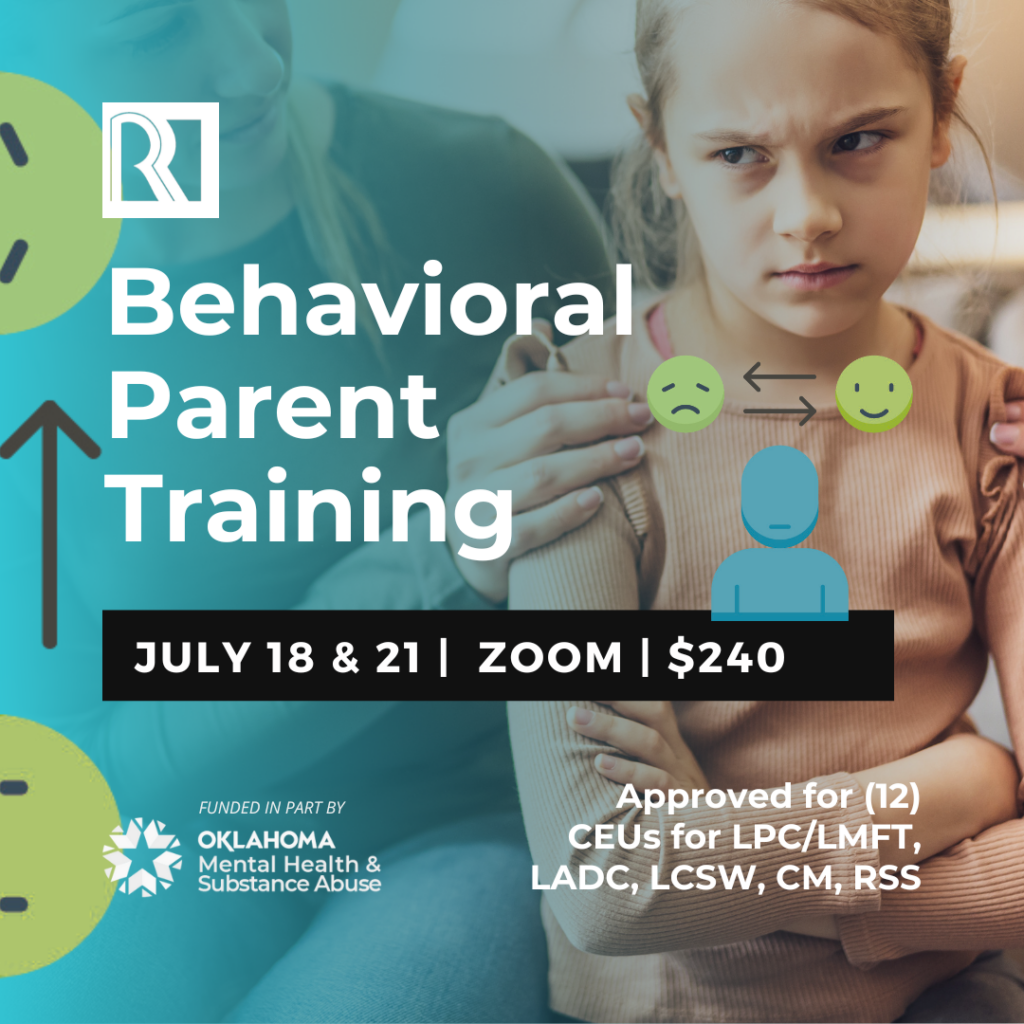

Treating Habits and Addictions with TEAM-CBT (2-DAY)
November 11 @ 8:30 am - 4:00 pm
Course Overview:
This 2-day training course is intended for first-time or returning learners who are passionate about TEAM-CBT and want to implement it effectively with clients struggling with habits and addictions. Participants will learn how to effectively implement: Testing, using the Brief Mood Survey, Evaluation of Therapy Session, and the Craving and Urges to Use scale; Empathy, including the Five Secrets of Effective Communication as well as advanced empathy tools; Assessment of Resistance, which will help clinicians identify and address resistance while improving client motivation; and an introduction to some of the many Methods utilized in TEAM-CBT, including those specific to habits and addiction. Clinicians will also learn how to conduct a successful relapse prevention session. Throughout the two days, participants will gain the chance to practice these valuable skills by role-playing using various cognitive treatment methods as well as observing a live-recorded session demo.
Objectives:
Participants will be able to:
- Name and describe the four components of TEAM (Testing, Empathy, Assessment of Resistance, and Methods)
- Identify two benefits of using measurement (Routine Outcome Monitoring) in therapy.
- Name and practice the Five Secrets of Effective Communication, as well as the 6th secret of Self-Disclosure used in Habits and Addictions work.
- Explore the steps of assessment of resistance, identifying the importance of invitation and specificity in Cognitive Therapy.
- Identify common themes of outcome resistance, process resistance, and alliance resistance.
- Describe and practice methods for targeting resistance including the Gentle Ultimatum, Triple Paradox, and Voicing the Resistance.
- Learn tools for developing and assigning homework more effectively.
- Learn and practice various cognitive and behavioral tools for increasing motivation and addressing self-doubt or hopelessness.
- Identify a client’s readiness for therapy termination and the steps involved in relapse prevention training.

